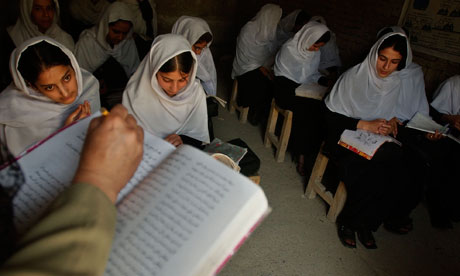 Mash
MashPotatoes.
I think that's where it had to end.
Excusing herself all too politely to visit her personal shrine to a personal god of worship.
Sexual favors,
on her knees.
The gods are pleased with the memories
all down the drain...
and the only discreet hint of her purging urges is the white water that washes away
everything that is supposed to be sin.
But it's truth that it's washing away. So maybe waters the enemy...
Or maybe its her.
Sitting back down,
wiping her mouth
"lip stick" smear she says.
Lipstick smear my ass,
I know its a tear.
It's ok to cry,
when the water running down your cheek is washing away
the blush that covers up your
not so dirty little secret.
everything is kept clean,
except her thoughts
left behind the couch in the carvings that says
"Maybe next time I’ll stop"
but she doesn't.
Because underneath the tear in the wall,
is the scratched away paint that says
"I pinky swore I’d never leave
And what's a best friend if they break pinky promises?"
I'll tell you what.
a dictator.
That's what he really is.
On her knees,
doing those sexual, preditorial ,
desired by her favors.
He smiles when she finishes.
"You look thinner already".
She smiles, not for long,
to be forced down again.
Because when you start it's a drug both ways.
You can't stop and he can't stop you,
And I can't stop you and your pinky promises.
Besides the fact that you pinky promised me that you would stop.
Mash
Potatoes.
I made them just for you.
So sit down,
and eat.
Or talk to me..
Either way.
You pinky promised.






